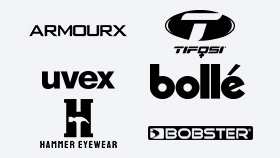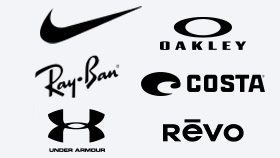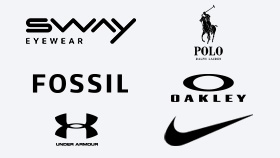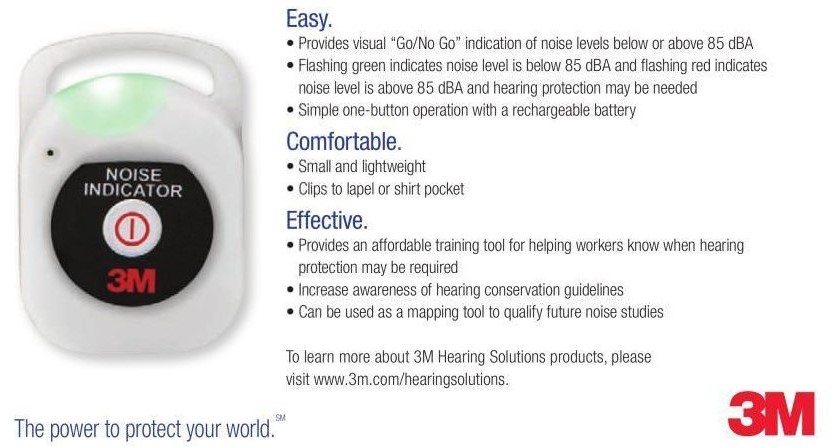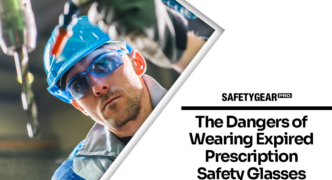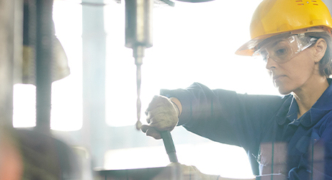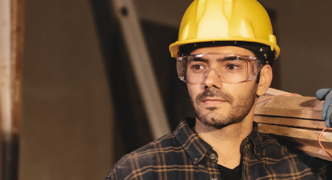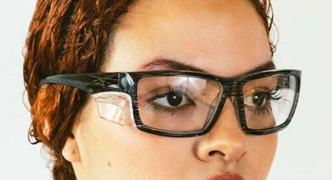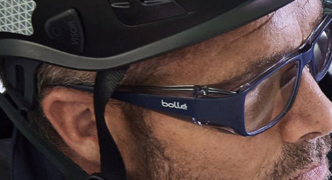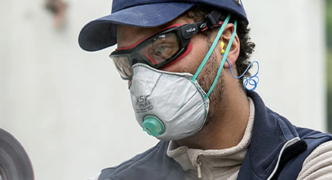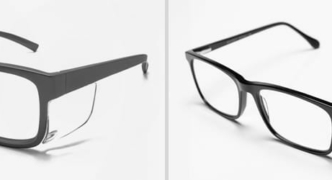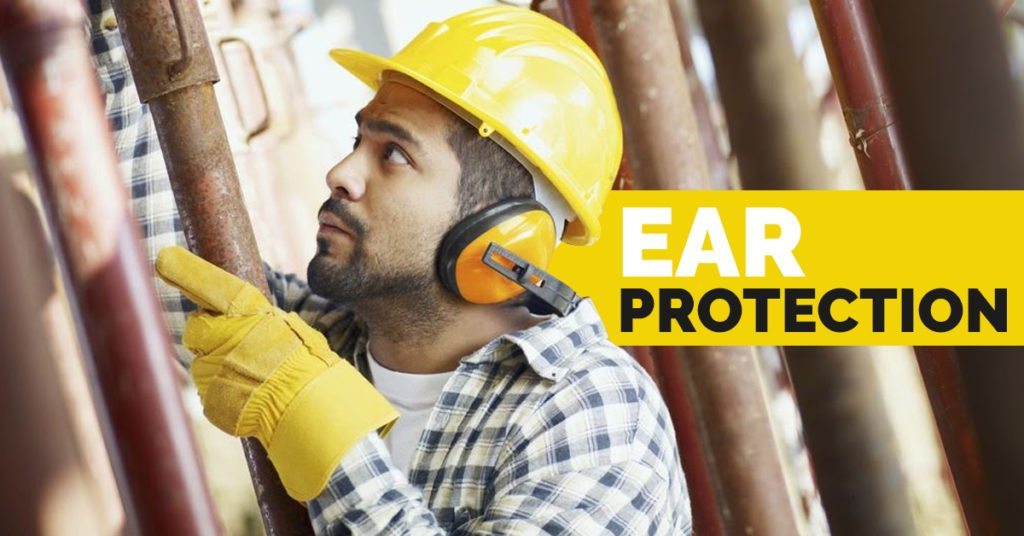
Ear protection is a must if you work in a noisy environment. It is important because exposure to loud sounds consistently can damage your hearing ability. In some situations, it can also lead to permanent hearing loss. With the right hearing protection, you can reduce loud sounds in the surroundings to an acceptable level. The large range of protectors available makes ear protection gear selection difficult.
However, to make the selection process simple for you, here is a list of factors that you should consider:
Noise Level and Exposure Patterns
Some ear protectors offer low level of protection while others offer higher protection from sounds. Therefore, you need to determine the noise level and exposure patterns to choose the right ear protection.
The sounds that we hear daily are measured in decibels (dB). The unit used to determine the effectiveness of ear protectors for noise reduction is NRR (Noise Reduction Rating). Daily or weekly average exposure to 85 or above decibels in 8 hours, OSHA requires workers to use hearing protection.
The level of sound exposure is based on the Noise Reduction Rating of the protectors worn. However, this doesn’t mean that hearing protectors reduce the surrounding decibel level by the same decibel number associated with the NRR of the protectors.
For instance, if the noise exposure is 100 decibels and you’re wearing ear protectors with NRR 33 dB, the level of sound exposure would not be reduced to 67 dB. It is infact determined by subtracting the NRR number by seven and then dividing it by two. This means that the level of noise exposure in the above example is 87 dB.
So, first determine the level of noise exposure and patterns. Then calculate the level of sound protection offered by ear protectors to narrow down your options.
Proper and Comfortable Fit
Make sure to invest in a pair of ear protectors that offer proper and comfortable fit. This is crucial as uncomfortable ear protectors can put great pressure on your eardrums, and can leave the ears feeling overheated after long hours of use. Also, if they are uncomfortable, chances are that you may not wear them continuously, thus exposing yourself to the risk of hearing loss.
Ear Protection Compatible with PPE (Personal Protective Equipment)
Always select a pair of ear protectors that are compatible with other personal protective equipment that you use at your workplace such as safety glasses, hard hats and masks. This is important because if your PPE interferes with your ear protectors, it can result in noise leakage. In this case, you will not be able to achieve the level of sound protection that your ear protectors are rated for.
Keep these factors in mind to navigate through the choices available and make the right selection.



